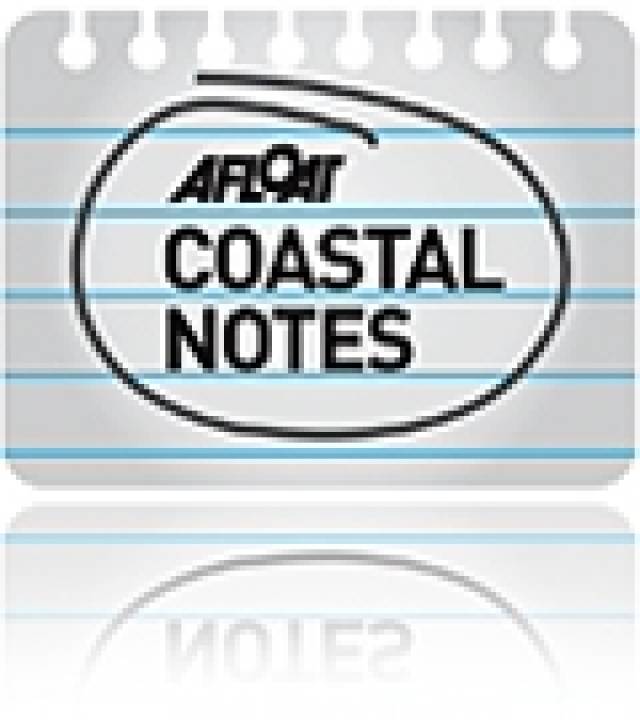#ShackletonShips – With attention focused on job losses at BAE Systems shipyards in Scotland and Portsmouth which is to cease shipbuilding in 2014, the Royal Navy base is also home to the former Antarctic ice patrol survey vessel, HMS Endurance, writes Jehan Ashmore.
As previously reported, the fate of HMS Endurance, which was named in honour of the 'original' Endurance which sank after trapped in ice during Sir Ernest Shackleton's Imperial Trans-Antarctic expedition of 1914-1918, and according to Ships Monthly is now likely to be scrapped.
HMS Endurance, albeit not built at Portsmouth's historic shipyard that notably launched King Henry VIII's Mary Rose (see new museum) more than 500 years ago, also suffered a serious incident having nearly foundered off Chile in 1991. She was towed to the UK but was never repaired.
As previously reported on Afloat.ie, there are two other vessels directly named in honouring the famed Irish-born polar explorer.
Firstly is the 1995 built RRS Sir Ernest Shackleton which was originally MV Polar Queen built for Rieber Shipping of Bergen.
Ships Monthly also reports that the Norwegian company recently sold sister MV Polar Protector (A173) to the UK Ministry of Defence for £51m as the current Royal Navy patrol and survey vessel for the South Atlantic and Antarctic.
The second vessel is the Dublin Port Company tug Shackleton named in 2010.
































































